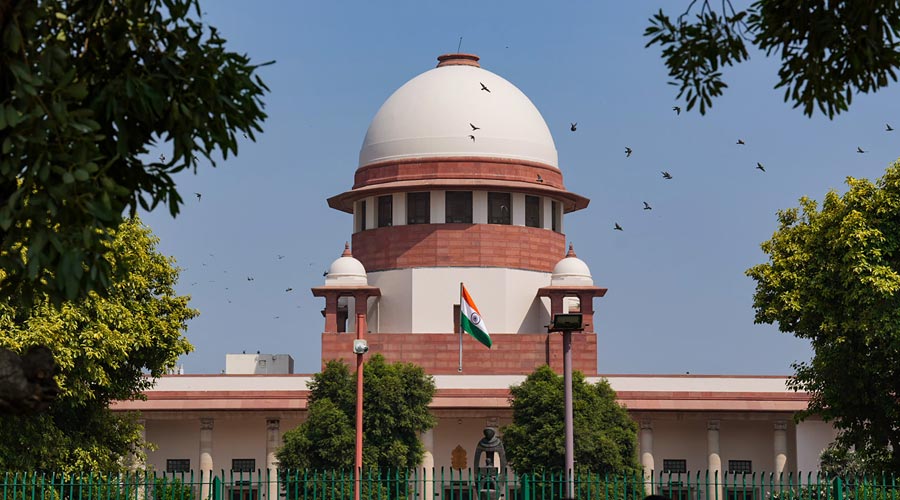


The Supreme Court in the case Brinda Karat & Anr. v. State of NCT of Delhi & Anr observed and has adjourned wherein the plea is moved by Communist Party of India (Marxist) leaders Brinda Karat and KM Tiwari seeking the registration of first information reports, FIR against the Bharatiya Janata Party leaders Anurag Thakur and Parvesh Verma for their alleged hate speeches during election rallies in January in the year 2020.
The bench comprising of Justice Abhay S Oka and Justice Sanjay Karol was hearing the plea moved by Tiwari against the Delhi High Court’s refusal to set aside a trial court that had rejected their plea for registration of FIRs against the two leaders from the ruling Bharatiya Janata Party.
Therefore, the Supreme Court in the case had to adjourn the hearing at the behest of the counsel, who circulated a letter seeking an adjournment.
Facts of the Case:
The Communist Party of India, Marxist leaders Brinda Karat and KM Tiwari approached the Delhi High Court in a criminal writ petition after a trial court refused to accept the plea moved for the registration of first information reports, FIR against the BJP leaders.
The trial court in August 2020 dismissed the application moved by the petitioner under Section 156(3) of the Code of Criminal Procedure seeking registration of an FIR for offences under various sections of the Indian Penal Code, wherein the court observed that the prior sanction under Section 196 of the Code was required even at the initial stage, which had not been obtained by Karat and Tiwari.
It has also been argued by the petitioner before the court that the stage of cognizance did not arise at a time when directions under Section 156(3) of the Code are given, and as such, no sanction was required under either Section 195 or Section 196 for the registration of an FIR.
Therefore, the Delhi High Court in the case dismissed the writ plea moved by Karat and Tiwari against the trial court order.
The bench headed by Justice Chandra Dhari Singh in the case observed and has held that although the writ petition was maintainable, the same could not be entertained in view of the settled position of law as well as judicial rulings on the existence of an efficacious alternative remedy.
The Supreme Court in the case observed and has issued notice on the special leave petition filed by the petitioners against the Delhi High Court’s order of dismissal.
The bench comprising of Justice KM Joseph and Justice BV Nagarathna in the case observed and stated that the stand of the magistrate that sanction was required to register an FIR in the case, the same is appeared to be incorrect.